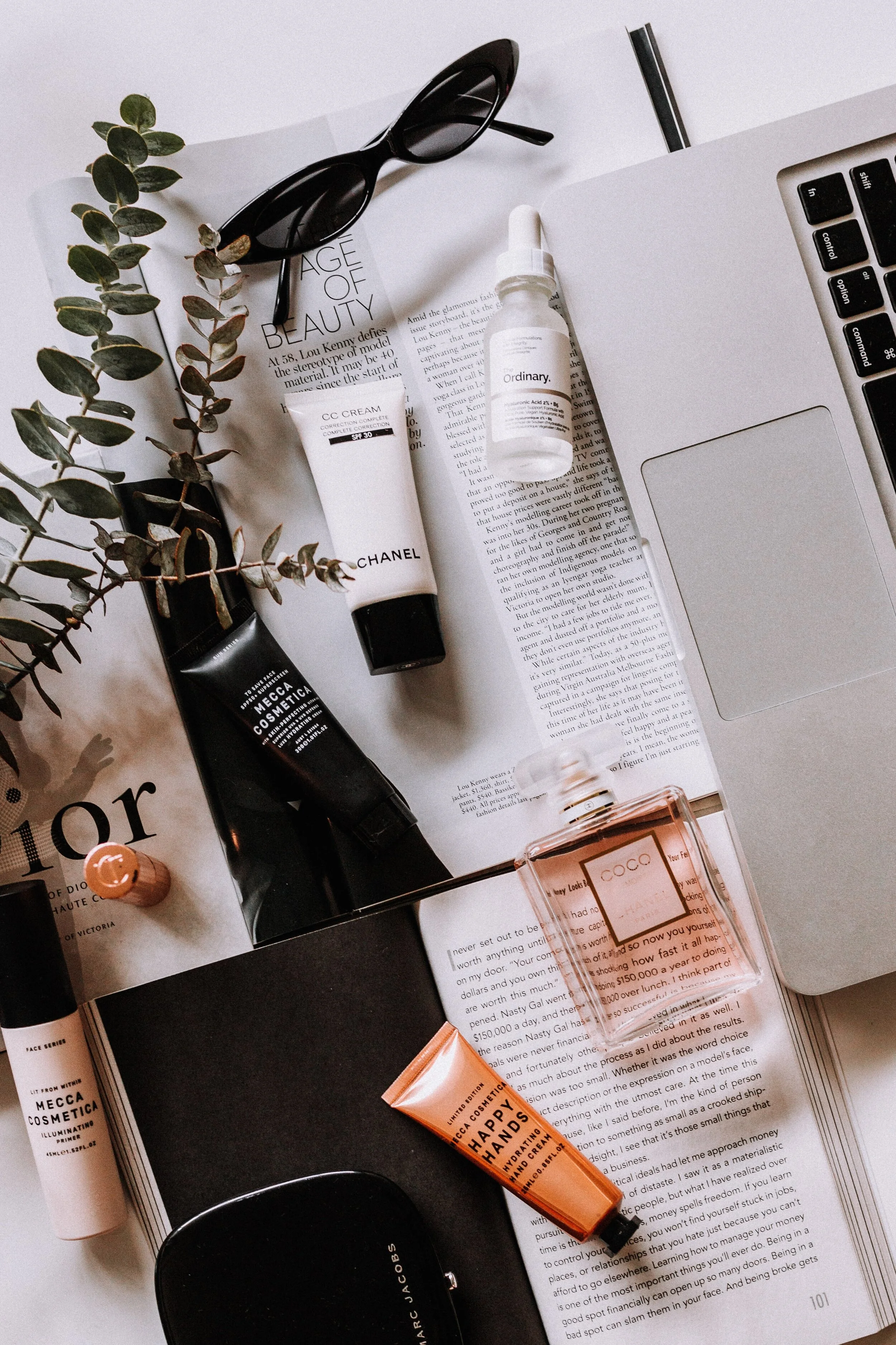Making A Mark On The Beauty Industry: Asian Women Who Made It
When I was a child and watched commercials for cosmetic brands such as Maybelline or haircare brands like Pantene, I always saw models on the television screen - although they were definitely beautiful with their gorgeous locks and perfect skin, I always felt “off” about seeing those advertisements. Later on in life when I learned about the concept of POC representation, I realized that it was because they do not look like me. The beauty industry was dominated by caucasians for years since its rise in success but especially in recent years, Asian women have put their mark on the beauty industry in a variety of ways. Many perceive Asian representation in the beauty industry to pertain to models and youtube influencers, but it is important to recognize the importance of Asian CEO’s and founders of major beauty companies. Two companies that have made their mark on the beauty industry are Ipsy and Tatcha.One online subscription company that became popular in the mainstream beauty community is Ipsy, which is widely known to have been envisioned by Michelle Phan. Phan’s story as a prominent makeup artist and businesswoman began in an unexpected way: a rejection from Lancome to work at a local makeup counter when Phan was still in design school. Despite this original rejection, she began to curate videos for her Youtube channel where she posted beauty tips and makeup tutorials. Through Phan’s incredible success as a beauty youtuber and influencer who paved the way for other Asians to pursue their passions of makeup artistry, she not only received an offer by Lancome to become an official video makeup artist, she was able to eventually build Ipsy with Jennifer Jaconetti and Marcelo Camberos. Ipsy is a beauty subscription service where customers receive a personalized makeup bag filled with 5 to 6 sample or full sized skincare, hair care, and/or cosmetic products. Along with providing monthly subscription bags for customers, Ipsy provides articles, videos, and an online shop to purchase full sized products for customers - there are even Ipsy official creators who promote the company through monthly videos on Youtube and go to Ipsy’s Generation Beauty events to interact with fans! Because of Ipsy’s successful initial growth with Phan as one of the most popular beauty influencers, Ipsy was even able to open Ipsy Open Studios, which is described as a, “10,000-square-foot state-of-the-art production studio…”. Phan’s ability to create a successful brand like Ipsy through influencer advertising and meaningful fan-to-influencer interactions at events such as Generation Beauty has put her name on the map as a powerful Asian American businesswoman. Fast-forward 8 years later after the company was first founded in 2011 (and formerly known as MyGlam), Ipsy is worth about $800 million dollars. Although Phan has left Ipsy and Youtube to travel after entering a difficult time in her life, her contributions to Ipsy made the company the success story it is today.
Tatcha, which is owned by Victoria Tsai, is a popular skincare company that has achieved critical acclaim for its luxurious products and packing. After graduating from Harvard and receiving her MBA, Tsai sold her engagement ring and worked four jobs to start her own skincare line. Tsai began Tatcha after developing acute dermatitis and finding a passion for developing skincare with healthy and beneficial ingredients. After her travels to Kyoto, Japan, Tsai became inspired by ancient Japanese beauty to curate her own skincare collection. Tatcha was founded in 2009 and some of its products such as The Water Cream, The Silk Canvas, and The Deep Cleanse are popular products among beauty lovers. Tsai has been able to create skincare that has become popular among the infamous Youtube beauty community with reviews from famous influencers such as Jackie Aina and Jeffree Star and iconic magazines such as Allure. Tsai is a woman who had to work from the bottom up to achieve the success she has today; now, she continues to work hard to balance her rigorous business life as the CEO of a prosperous company and as a mother to a beautiful daughter. Now, Tatcha, according to Forbes, is, “... the #2 fastest growing, woman-led company on the Inc. 500 list”.Women such as Michelle Phan and Victoria Tsai have become pioneers of a previously non-POC dominated industry. Through their own experiences and obstacles they faced, both women have ended up making their mark on the beauty scene while inspiring other Asian American women to continue to pursue their passions and work hard to accomplish their dreams, even if the dreams seem too far-fetched to come to life. The wonderful and growing representation Asian Americans are experiencing within every facet of the beauty industry is truly remarkable and will further improve as time passes.
Sources:
https://www.racked.com/2017/9/22/16347820/michelle-phan-leaving-ipsy-shopperhttps://mediakix.com/blog/how-ipsy-studios-michelle-phan-does-influencer-marketing/https://www.ipsy.com/abouthttps://www.entrepreneur.com/article/244536https://www.forbes.com/sites/clairecoghlan/2018/05/24/she-sold-her-engagement-ring-to-start-her-business/#4f32cc1245dfhttps://www.tatcha.com/our-story.html

